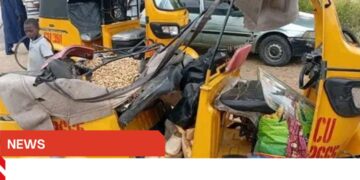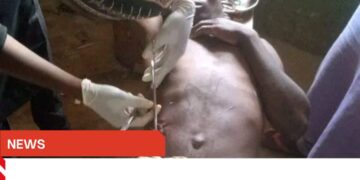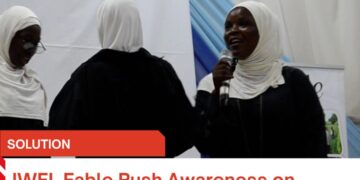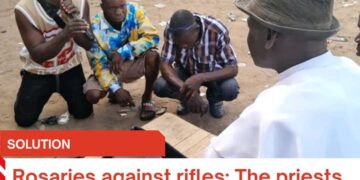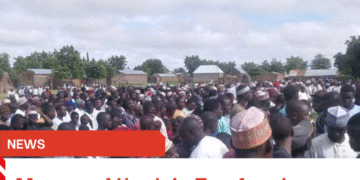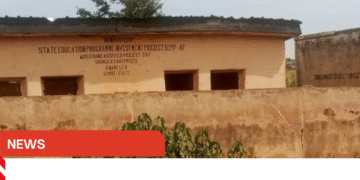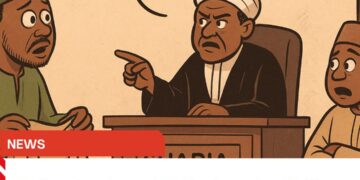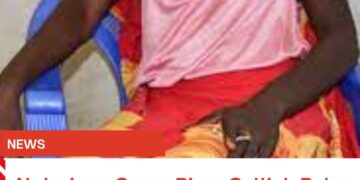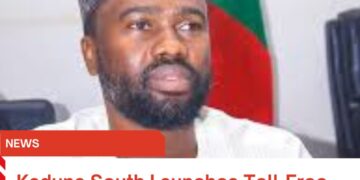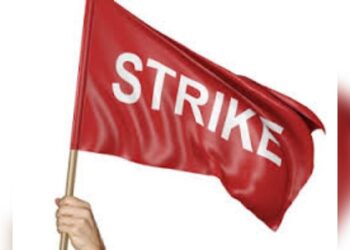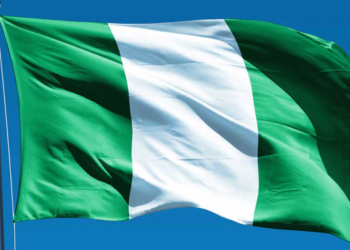I believe that the time has come – rightly or wrongly – for Gov. Aminu Bello Masari to know that he has taken Katsina state and its people for a rough ride that is only punctuated by a handful of good deeds that can be counted with the whip of a hand. In the build-up to the 2015 election, Masari was portrayed as the Messiah, the one who knows and adores the masses; the evergreen politician who helped in quashing the infamous third term agenda; a seasoned personality who would solve all the problems of the state but above all the mild, kind, honest and good-hearted man, betrayed severally by the wicked politicians (read Umaru Musa Yar’adu’a and co) who didn’t want him to rule Katsina state.
Considering the high level of goodwill on the part of Masari and the irresponsibility with which the PDP ruled the country for sixteen years, the former House of Representatives Speaker was voted as the governor of Katsina state. In reality, a greater percentage of the electorates expected Masari to lead the change they hoped for. He was expected not only to lead the change mantra but Masari was also expected to rule with all the good qualities of a leader reminiscence of the Islamic Khalifs. He promised to listen to the people, he promised to lead an administration that would ensure fairness and equity to all and sundry, adding that his government would be in the open.
The people hoped and cheered and prayed and waited in vain.
Six years into that journey, it’s obvious that the level of goodwill has subsidized in a great deal, and now, instead of people being happy, it’s all anger and harsh words. He has not been a total failure, that I can say, but the reality is that Masari is far away from being the role model he was thought to be. Even the dyed-in-the-wool fanatics supporting him can’t deny the fact that he has fallen short of being the savior he was said to be.
From disregarding the law to impeach democratically elected local government chairmen and not even conducting another election for six years, to handing over the party to some of his loyalists (as alleged by Senator Ahmad Babba Kaita) and not fulfilling his promise of running an open government to the recent decision to impose development levy and cattle tax, Gov. Masari has proven to all and sundry that he is nothing but an overhyped politician.
If the promise of running an open government was honored, Masari would have known that the reintroduction of development levy and cattle tax at a critical time like this is a wrong decision, and whoever spearheaded the campaign to convince the governor to toe the path has got it wrong.
In case you’ve been living on Mars, the state government had last week after its executive council meeting decided to re-introduce community development levy and cattle tax, referred to as ‘Jangali’, that would see each adult in the state — including non-indigenes — as well as male and female civil servants are to pay N2,000 each as development levy annually while every cow owner will pay N500 per cow yearly as Jangali.
Faruk Jobe, the commissioner for budget and economic planning, said a committee set up to fine-tune modalities for payment of taxes has submitted its report to the council.
With the recent decision and the insistence to go with it, the Masari administration is now positioning itself as a harbinger of negativity. The decision would no doubt help the state generate more revenue. And the state government even said the move goes beyond revenue, insisting that banditry and cattle rustling would also be fought. It’s a powerful decision; a decision by a government desperate to show it’s still in charge and capable of “fighting insecurity” The only problems with the decision is the speediness with which it was concluded, the desperation and the politics in it, and how the state government is doing the wrong thing at the wrong time in a wrong, controversial and unpleasant way.
The argument that a committee, under the leadership of the Budget Commissioner, went round the 34 local government areas to enlighten the public on the issue even made the whole issue funnier. Who was sensitized? Who was there consulted? How did the committee reach the decision that every resident of the state has been captured in the enlightenment?
If the state government is willing (and I believe it’s) to fight insecurity, resorting to collecting money in the name of development levy should never be an option. At a time when poverty is biting hard and Fulanis in the rural areas still think governments at all level has not been fair to them, introducing the duo of development levy and Jangali is an unwise decision. N2,000 might be peanut (at least Jobe told BBC Hausa that people should not be complaining because the fee is nothing) to many people but a greater percentage of the people in the state are not in this category. More baffling is when you ask a herder to pay his own N2000 and add another N500 for his cow. How does that even make any sense? How sure is the government that the Fulanis will not see this as an attempt to push them out of business, taking into consideration that the number of herds is depleting daily due to the activities of the bandits?
That takes me to another reason being given that civilized democracies collect such tax and levy. And I ask this: has Nigeria and Katsina state in particular been following the path of civilized democracies? Has the government lived up to the expectations of providing basic social amenities to the common man? What, to even ask this simple question, has happened to the revenue being collected from workers and other business owners month in month out? Has the government even worked towards ensuring that every Kobo collected will be accounted for? What about the high level of mistrust between the leaders and the followers, who’ll take care of it and convince the public that the levy and tax being introduced will not toe the path of other Internally generated revenue and the allocation from Abuja?
If there are no mechanisms set to convince the common man that the government will be fair and honest this time around, the best thing is for them to drop the idea and start working toward ensuring that Katsina state is not counted among the worst in the next poverty ranking.


